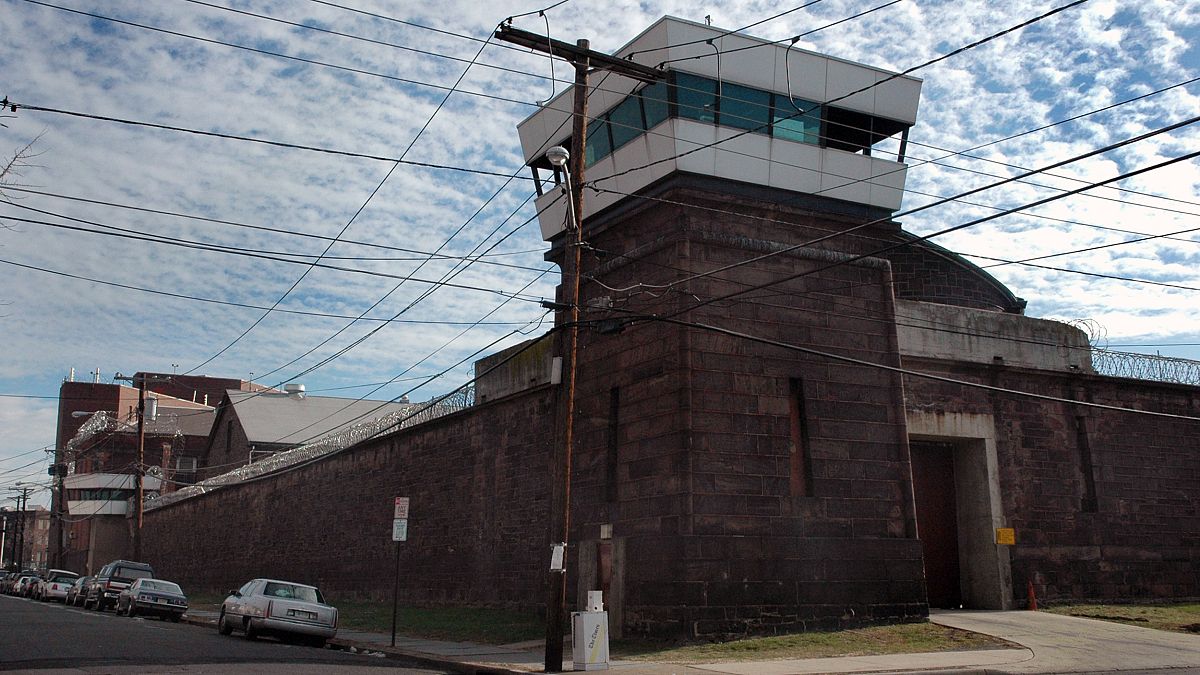The American Civil Liberties Union of New Jersey wants the state Department of Corrections to lift two prisons' ban of Michelle Alexander's 'The New Jim Crow'
The New Jersey Department of Corrections on Monday rolled back prison bans of a book about the impact of mass incarceration on black Americans, hours after the American Civil Liberties Union publicized a letter accusing the state of curbing free speech.
The agency said it had reversed bans at two prisons, stressing that there had never been a department-wide prohibition on the book, "The New Jim Crow" by Michelle Alexander. In fact, the DOC said in a statement, "The New Jim Crow" is taught in a college-level course made available to prisoners.
It is now reviewing its policy on banned materials "for appropriate revisions," the agency said. A spokeswoman, Melanie Weiss, said that until now, the decision to ban a publication was made on a facility-by-facility basis. She said she expected that to change.
The ACLU of New Jersey found out about the edicts though a public records request, and followed up with a letter Monday to the state Department of Corrections in which it asked the agency to remove the bans.
The organization cited a study of incarceration trends by The Sentencing Project that found New Jersey had the nation's highest disparity between black people and white people.
"For the state burdened with this systemic injustice to prohibit prisoners from reading a book about race and mass incarceration is grossly ironic, misguided, and harmful," ACLU lawyers wrote in the letter. "It is also unconstitutional."
The book argues that the criminal justice system, primarily through the war on drugs, has served as a modern version of the Jim Crow laws that kept black people segregated and disenfranchised into the middle of the 20th century.
Alexander tweeted that her book has been banned "by a number of prisons around the country," but didn't give a list. She also thanked the ACLU for defending the book.
The ACLU-New Jersey said it made the discovery after hearing rumors that "The New Jim Crow" had been banned in certain Department of Corrections facilities. It submitted a public records request.
The department's response to the ACLU in November confirmed that two prisons, New Jersey State Prison in Trenton and Southern State Correctional Facility in Delmont, banned the book, the ACLU said.
In its letter, the ACLU said the prohibition was not only a breach of prisoners' First Amendment rights, but also a violation of Department of Corrections policy, which allows for a publications to be banned if it contains material that "incites violence"; contains information on explosives, weapons, drugs, escape plans, lock-picking or other security threats; is written in code; contains information on activity that could be prosecuted as a crime; or contains material that "appeals to a prurient interest in sex," lacks artistic value or depicts offensive sexual activity.
ACLU senior staff attorney Alex Shalom said in an interview that his organization asked the state for the official justification for banning certain books in prison, but the state only responded with lists for each facility.
The group noticed other publications that it deemed questionable, but "The New Jim Crow" seemed most egregious, because its subject matter.
"Obviously, Michelle Alexander's book talks about the war on drugs, but not tactics or anything that could be harmful" to the operation of prisons, Shalom said.


